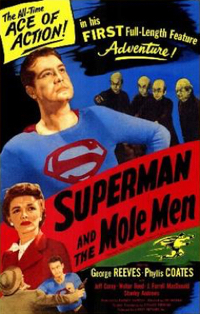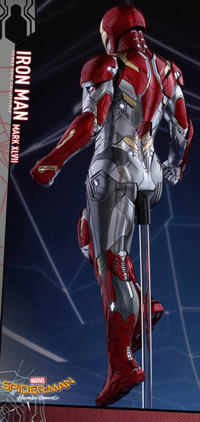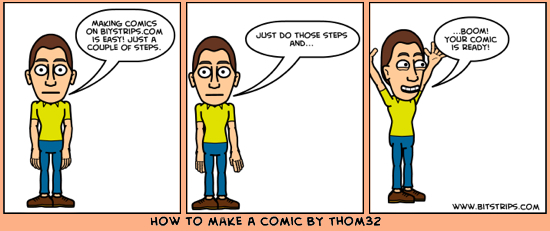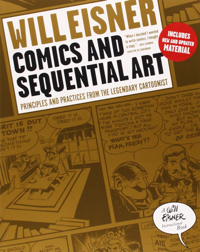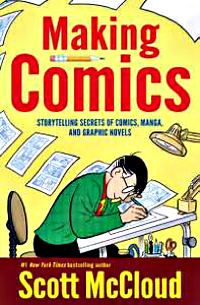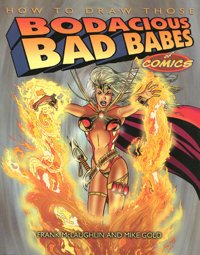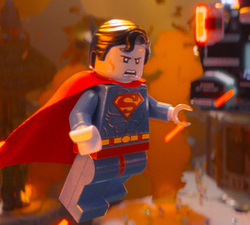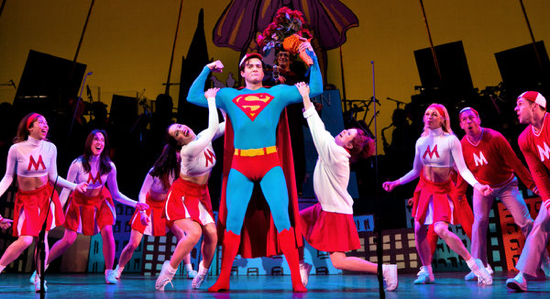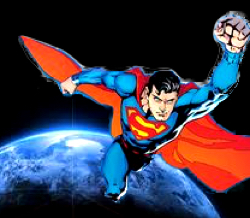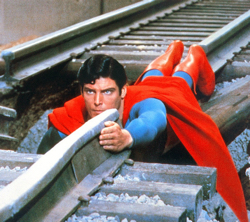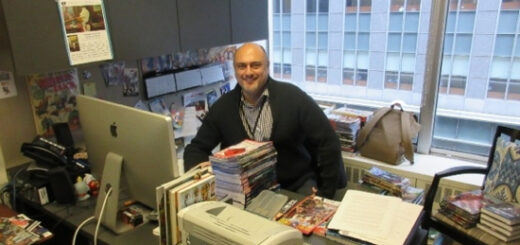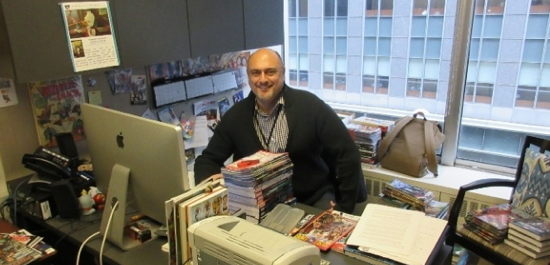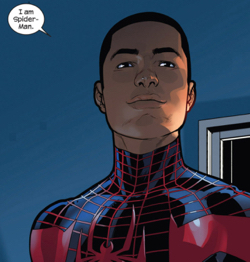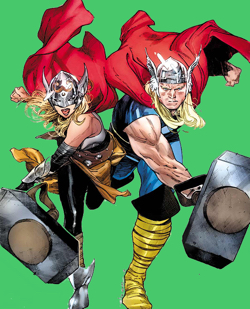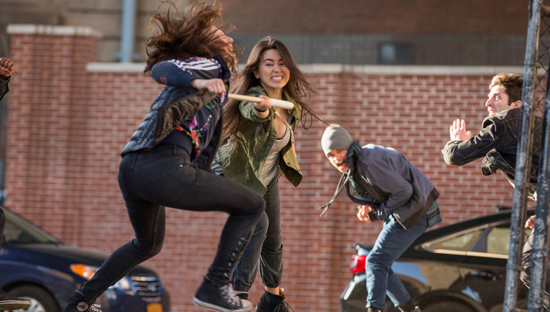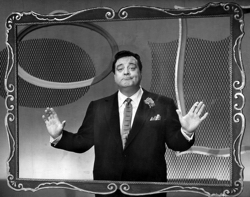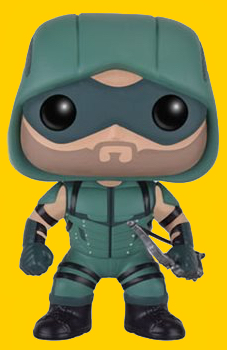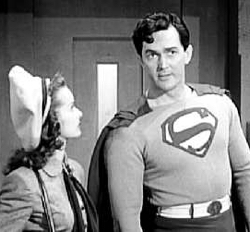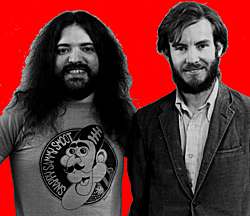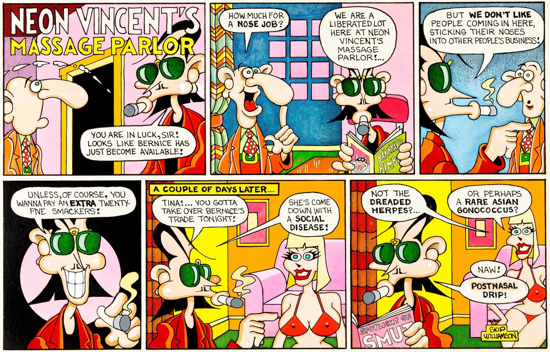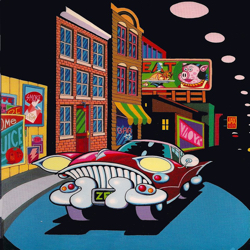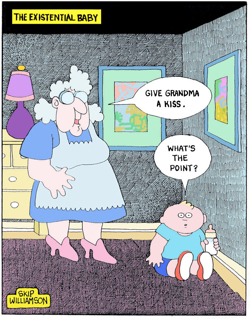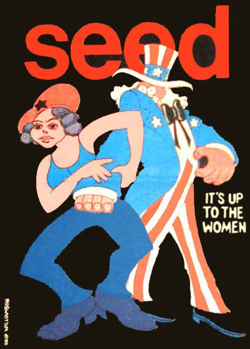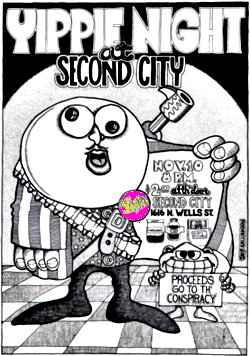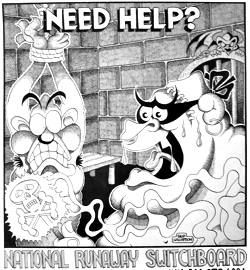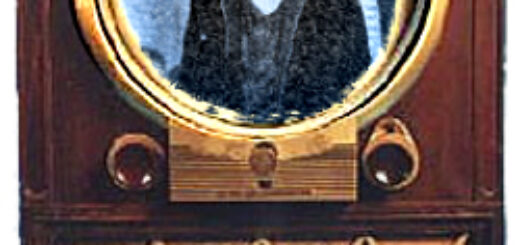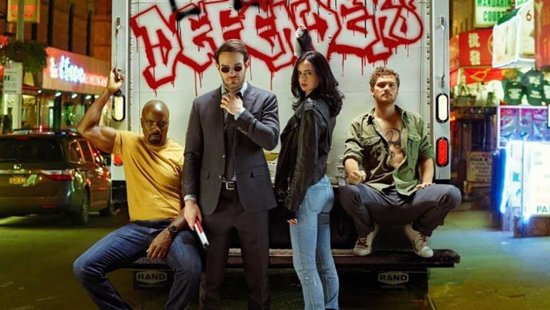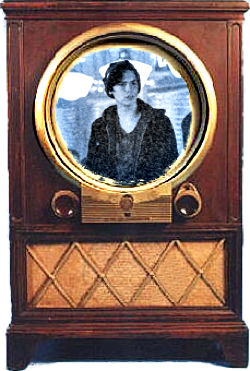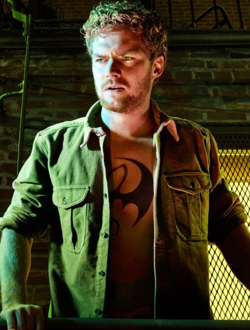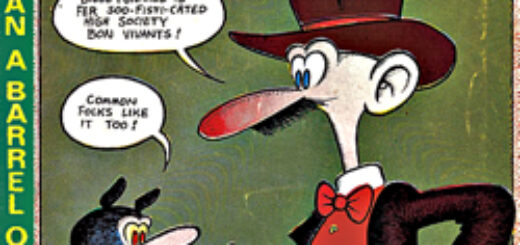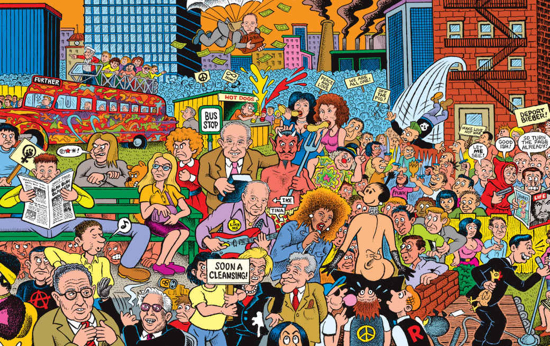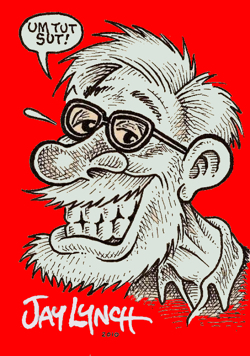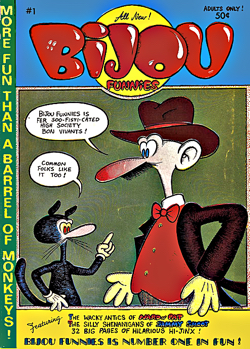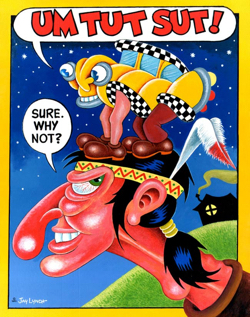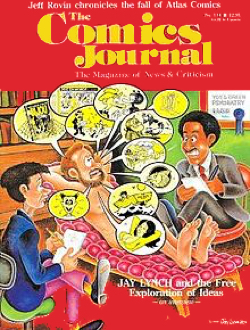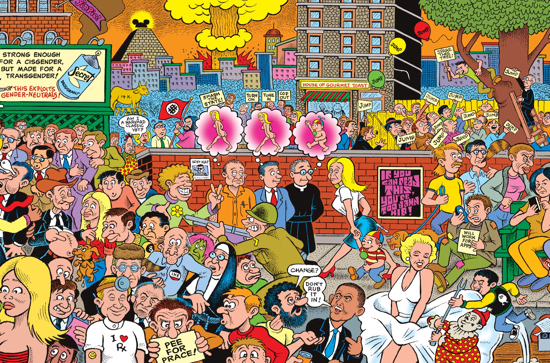Mike Gold: The Guardian’s Daddy Issues
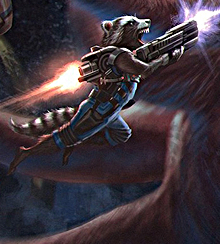
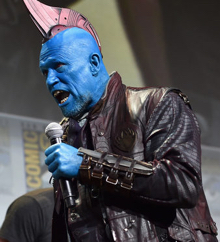 If you think working in the greater comic book conspiracy is all fun and games – well… there’s a lot of truth to that. For example, where else can you go to the movies, call it work and then take the ticket price off your taxes?
If you think working in the greater comic book conspiracy is all fun and games – well… there’s a lot of truth to that. For example, where else can you go to the movies, call it work and then take the ticket price off your taxes?
Last Thursday, I joined fellow ComicMixers Adriane Nash and Joe Corallo in the wildlands of Milford Connecticut (where the phrase “Milf” was coined) for the debut of Guardians of the Galaxy Volume Two. We went for the full movie monty: IMAX 3-D at a ticket price that would cause Uncle Scrooge to quit working for Disney. When I plop my ass down in a movie theater seat, I am hoping I’m not wasting my time and all that energy I spent looking for a parking place. In the case of next month’s Wonder Woman, I will plop my ass down in a movie theater seat praying I’m not wasting my time… but I digress.
I had no such concerns for GOTG2. All the cast, crew and management had to do is jack up the action slightly and change the soundtrack and write some new gags. If Looney Tunes could do it for nearly four decades, James Gunn could do it twice. If, after seeing the movie, you find yourself debating whether it was as good as the first, not as good as the first, or better than the first – you’re thinking too hard. To paraphrase Joel Hodgson and Josh Weinstein, “It’s just a show, you should really just relax.” If you’re going to go to a movie like this with a stick up your ass, you’ll never get past the vicious furball who runs around carrying ordinance bigger than he is, let alone the pithy-yet-cute jumping twig that steals every scene he’s in.
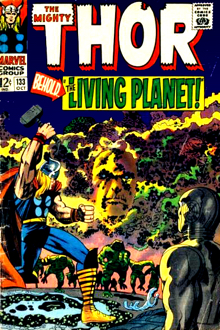
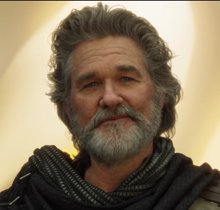 In other words, we had a great time watching a very funny movie with an exceptionally high body count. If that sort of thing bothers you, don’t take your kids. Anyway, they’ll have more fun seeing it behind your back.
In other words, we had a great time watching a very funny movie with an exceptionally high body count. If that sort of thing bothers you, don’t take your kids. Anyway, they’ll have more fun seeing it behind your back.
GOTG2 even made fun of the mighty Marvel movie method. There are five inter-credits scenes (they should start running the closing credits at the beginning of GOTG3) and more cameos than you can count. While it is impossible to translate a comic book property to the big screen without making some changes, GOTG2 came remarkably close to the source materials while maintaining the continuity from the first movie as well as the other Marvel Studios flicks. In fact, they even managed to do a quick tribute to Jack Kirby’s original depiction of Ego The Living Planet – they didn’t have to, but it was a nice touch for those of us who remember.
Remarkably, this movie fits squarely into the current Marvel Studios trans-flick story arc, and does a lot to set up next year’s Avengers: Infinity War. You are probably aware that the GOTG leads are all in that one, but then again, so is everybody else. I wouldn’t be surprised to see Ben Afflick in there somewhere.
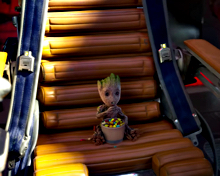
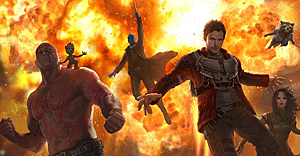 And speaking of Ben Afflick, if that nightmare of a movie Batman v Superman degenerated into a story about heroes with severe mommy issues, then Guardians of the Galaxy Volume Two is about a hero with severe daddy issues. But unlike the aforementioned DC movie, Guardians makes it work without insulting the audience. Kurt Russell turns in a wonderful performance as god.
And speaking of Ben Afflick, if that nightmare of a movie Batman v Superman degenerated into a story about heroes with severe mommy issues, then Guardians of the Galaxy Volume Two is about a hero with severe daddy issues. But unlike the aforementioned DC movie, Guardians makes it work without insulting the audience. Kurt Russell turns in a wonderful performance as god.
The soundtrack, built around the theory that obnoxious tunes from the 1970s sound much better forty years later, is different from the first film, as one might expect. What I did not expect is for them to include a tune I play about once a year on Weird Sounds Inside The Gold Mind: Lake Shore Drive, by Aliotta Haynes Jeremiah. It’s really a beautiful song about the remarkably calming major highway that separates the City of Chicago from the parkland that hugs the coast of Lake Michigan. Quite frankly, I would think Rocket “Raccoon” would hate it.
We had a swell time. What more could you want for the money? If you were expecting Citizen Kane Volume Two, you need to change your meds.


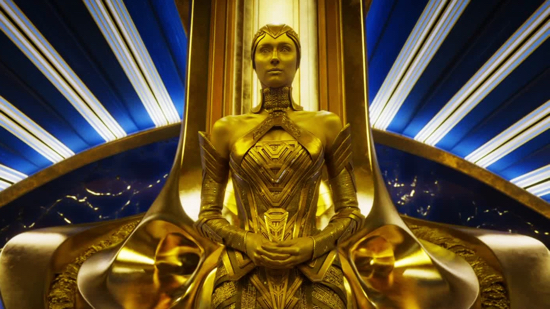

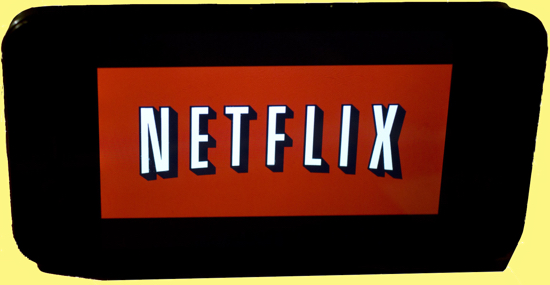

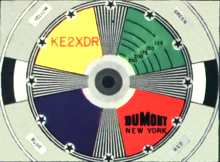
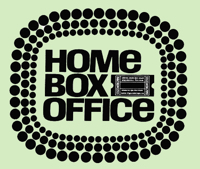



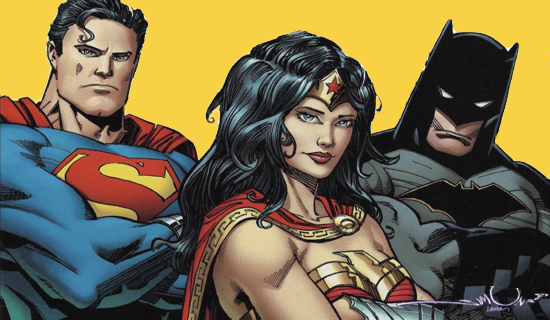
 Over the millennia, I’ve written enough reviews to denude the Shoshone National Forest. My fellow commentators here at ComicMix have as well, and some of my best friends have been critics. So, as you read the following rant, please keep in mind I am not referring to those people… but I am referring to damn near every other critic practicing their arcane craft these days. From reading their recent criticism, I have come to the following conclusion.
Over the millennia, I’ve written enough reviews to denude the Shoshone National Forest. My fellow commentators here at ComicMix have as well, and some of my best friends have been critics. So, as you read the following rant, please keep in mind I am not referring to those people… but I am referring to damn near every other critic practicing their arcane craft these days. From reading their recent criticism, I have come to the following conclusion.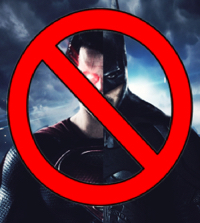 It’s not hard to understand this. Even if you have seen 90% of all the superhero movies and teevee shows released in the past decade and enjoyed most of them, there’s an important difference: you made the choice to see them. For critics, it’s their job. They are more-or-less forced to watch these productions, usually in exchange for a paltry paycheck. I am sympathetic to their plight, although I do not believe anybody is writing criticism to fulfill their court-mandated obligation to community service.
It’s not hard to understand this. Even if you have seen 90% of all the superhero movies and teevee shows released in the past decade and enjoyed most of them, there’s an important difference: you made the choice to see them. For critics, it’s their job. They are more-or-less forced to watch these productions, usually in exchange for a paltry paycheck. I am sympathetic to their plight, although I do not believe anybody is writing criticism to fulfill their court-mandated obligation to community service.